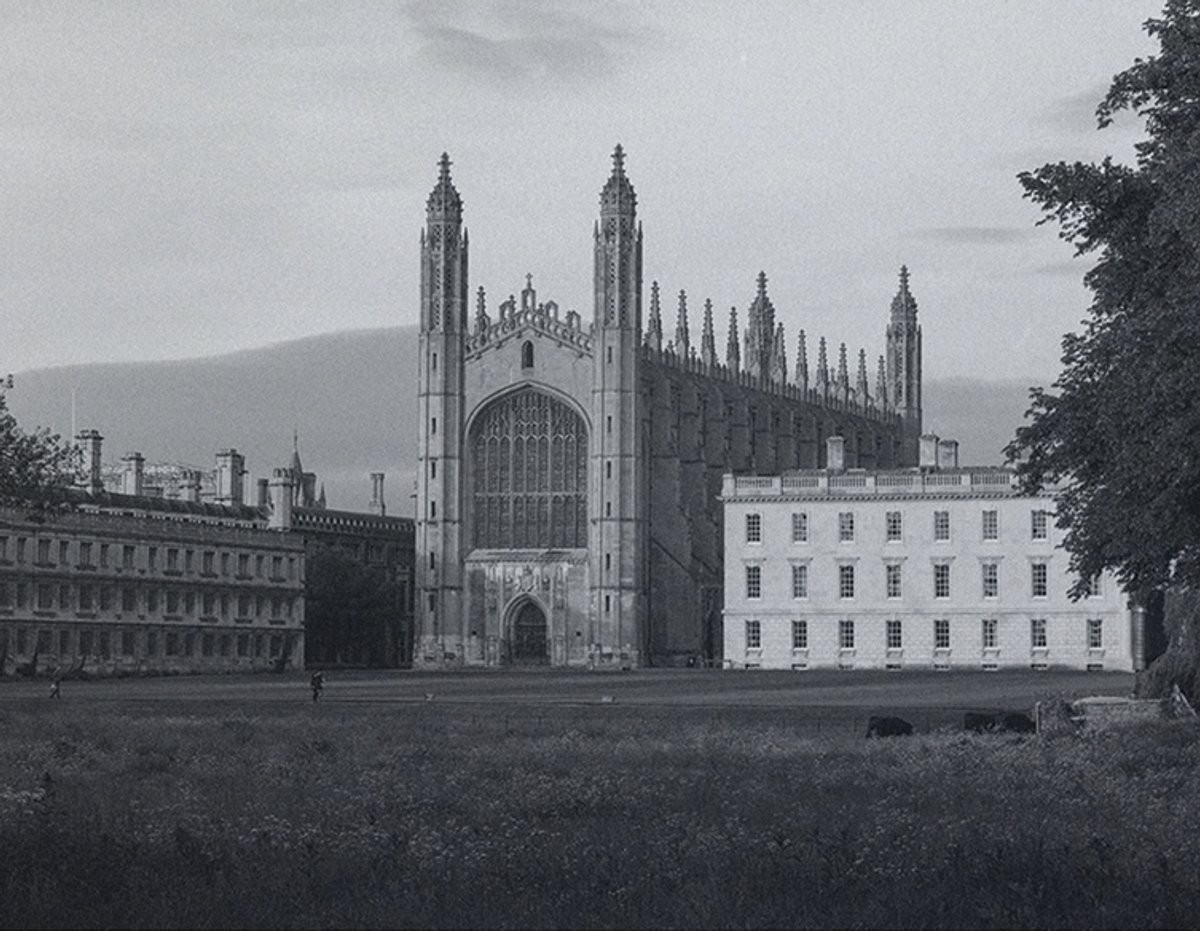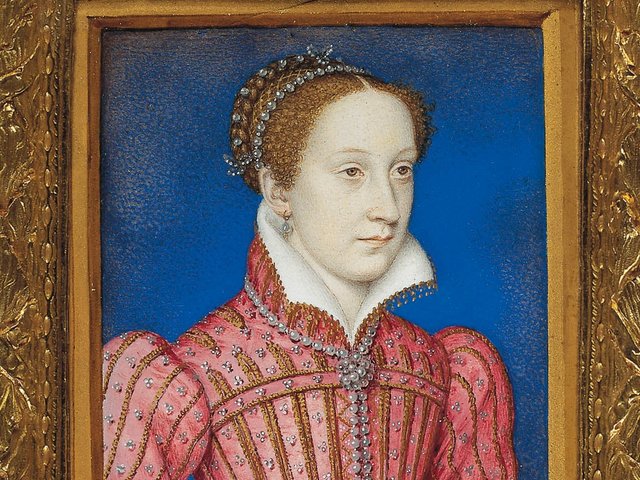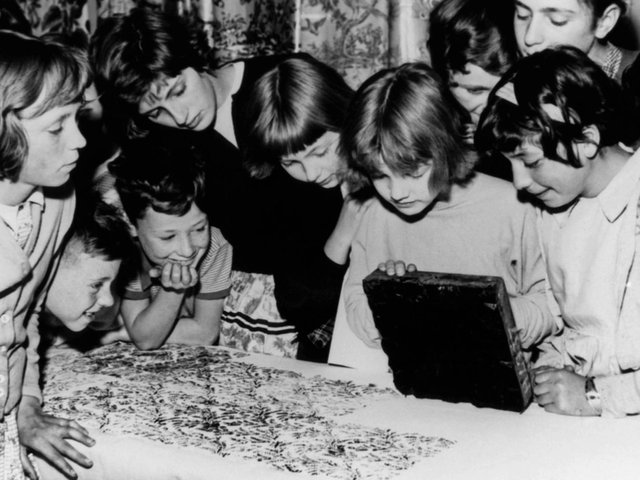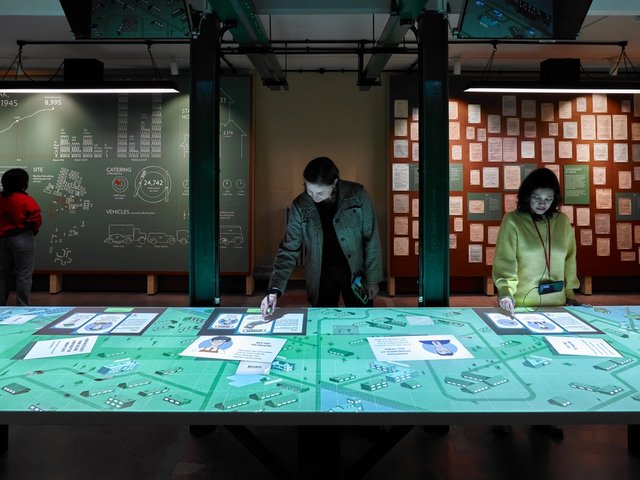With its tea shop, old pubs and post office, the village of Beaulieu in Hampshire, England, is like a picture postcard of rural England at its most bucolic.
In 1538, the ruined Beaulieu Abbey, founded in 1204, was turned over to the Crown at the Dissolution of the Monasteries. Since then, Beaulieu has been home to the Montagu family, whose lineage runs back to the days of the Norman Conquest. Today, Beaulieu is best known as the setting for the National Motor Museum.
But Beaulieu is full of secrets, some of which are examined in Ungentle, a new film by the artist Huw Lemmey and the filmmaker Onyeka Igwe which explores the histories of espionage in some of Britain’s best-known heritage sites. During the Second World War, Beaulieu served as a training camp for the “ungentlemanly” arts of war—sabotage, murder, theft and intimate surveillance.
Showing at Studio Voltaire in Clapham, London, and shot on location in Hampshire, Cambridge and London, the film exposes a topography that links Britain’s spying heritage to the history of British homosexuality. “These two secret worlds were like a net that lay across our world,” Lemmey says. “I wanted to talk about how the figure of the spy relates to the idea of homosexuality and the creation of both identities in the British imagination.”
The film is fictional, but based on real-life events Lemmey uncovered through extensive research on the lives of famous spies both real and invented—from the Cambridge Five to John le Carré’s George Smiley. “A lot of people in the intelligence agencies felt their world was a secret world operating above ours. Ordinary people carried on their daily lives without noticing all these things happening around them,” he says. “It was a world with a different set of ethics and beliefs and relationships. Those relationships, I felt, often matched the way that gay men saw themselves at that time.”
A key location is St Ermin’s Hotel in London, a public yet private place which, during the war, acted as the engine room for Churchill’s army of spies. Another is Dolphin Square, Pimlico, whose extraordinary roster of residents included the Free French, British fascist leader Oswald Mosley and the spymaster Maxwell Knight—reputedly the model for the James Bond character M.
Lemmey has also written a non-fiction book with the same title as the film’s, to be published this autumn by Book Works. It will further explore the use of Britain’s stately homes by elusive spy circles.
• Ungentle, Studio Voltaire, 16 September-31 December 2022





